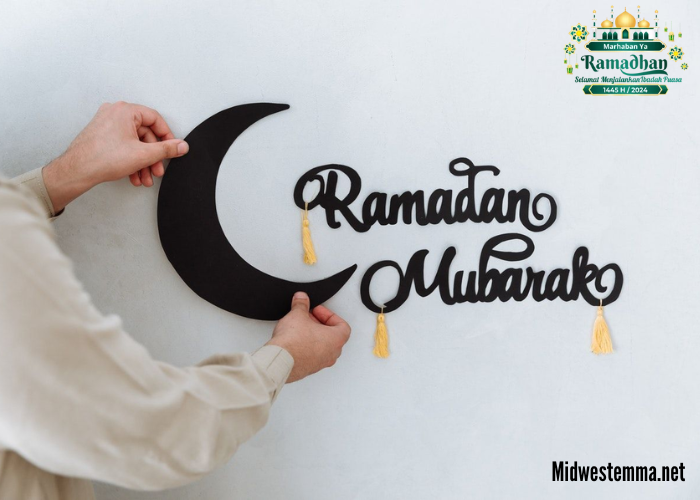Fasting during Ramadan is a sacred practice observed by Muslims around the world. It’s a time of spiritual reflection, increased devotion, and self discipline. But as the days of fasting pass by, it’s natural to wonder, Berapa hari lagi puasa? (How many days until fasting ends?). In this article, we’ll explore the significance of counting down the days until Ramadan concludes and delve into the various aspects of this special month.
The Spiritual Significance of Fasting
Fasting during Ramadan is one of the Five Pillars of Islam, a fundamental act of worship. It serves as a way for Muslims to purify their souls, seek forgiveness, and grow closer to Allah. The entire month is a period of reflection, increased prayer, and heightened spirituality. Muslims use the countdown to the end of Ramadan as a reminder to make the most of this spiritually enriching time.
The Lunar Calendar and Determining Ramadan
The Islamic calendar is lunar, which means that the months are determined by the sighting of the moon. Consequently, the exact dates of Ramadan vary from year to year. This leads to the question, Berapa hari lagi puasa? as Muslims anticipate the arrival of Ramadan and subsequently, its conclusion. The countdown helps them prepare both mentally and spiritually for this significant month.
The Joyous Occasion of Eid ul Fitr
Eid ul Fitr, or Hari Raya Aidilfitri, marks the end of Ramadan and is a joyous occasion for Muslims. The countdown to the end of fasting is often associated with the anticipation of Eid-ul-Fitr, a time of celebration, family gatherings, and giving thanks to Allah. It’s a momentous event that follows a month of fasting and spiritual growth.
The Act of Charity (Zakat ul Fitr)
As Ramadan draws to a close, Muslims are encouraged to give to charity through an obligatory donation known as Zakat ul Fitr. This charitable act is designed to purify those who fast from any indecent act or speech and to help the needy and the poor. The countdown to the end of Ramadan reminds Muslims of their responsibility to fulfill this charitable duty before Eid ul Fitr.
The Daily Routine of Fasting
During Ramadan, Muslims fast from dawn (Suhur) until sunset (Iftar). The daily routine of abstaining from food and drink fosters discipline and self-control. The countdown to the end of fasting serves as a daily motivation, helping individuals stay committed to their fasts and to the principles of Ramadan.
The Night of Decree (Laylat al Qadr)
Laylat al-Qadr, or the Night of Decree, falls within the last ten days of Ramadan. It is believed to be the night when the Quran was first revealed to the Prophet Muhammad. Muslims seek to observe this night with intense devotion and prayer. The countdown to the end of Ramadan heightens the anticipation of Laylat al Qadr, a night of great spiritual significance.
The Lessons of Self-Discipline and Empathy
Fasting isn’t just about abstaining from food and drink, it’s also a time for self-reflection and empathy. By experiencing hunger and thirst, Muslims gain a deeper understanding of the less fortunate and become more empathetic towards those in need. The countdown to the end of fasting reminds Muslims of the importance of compassion and self-discipline in their daily lives.
The Counting Ritual
Throughout Ramadan, many Muslims engage in a daily counting ritual. They mark each day of fasting as a visual representation of their progress. This practice reinforces their commitment and keeps them focused on their spiritual goals. The question, Berapa hari lagi puasa? becomes a daily reminder of their dedication to the fast.
The Sense of Accomplishment
Reaching the end of Ramadan is a momentous achievement for Muslims. It represents their commitment to their faith, their self discipline, and their dedication to improving their spiritual well-being. The countdown to the end of fasting is a countdown to this sense of accomplishment and the satisfaction of completing a challenging but rewarding journey.
Conclusion
Berapa hari lagi puasa? is a question that holds great significance for Muslims during Ramadan. It represents the anticipation of Eid ul Fitr, the daily commitment to fasting, the spiritual growth, and the sense of accomplishment that comes with successfully observing this sacred month. Ramadan is not just a period of physical restraint, it’s a time for self-reflection, empathy, and increased devotion. As the countdown continues, Muslims are reminded of the importance of their faith and the valuable lessons learned through fasting.






